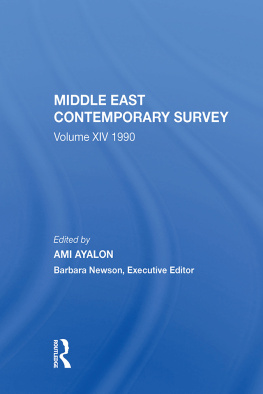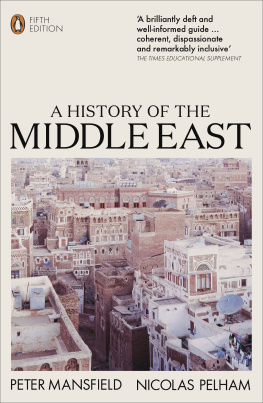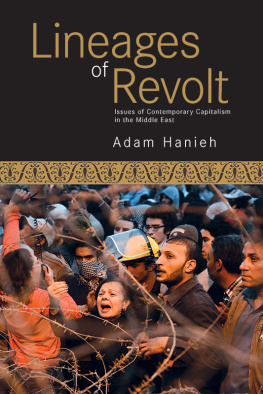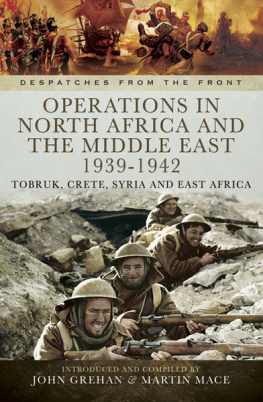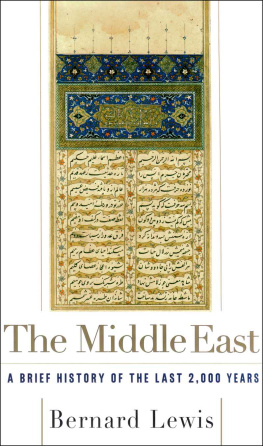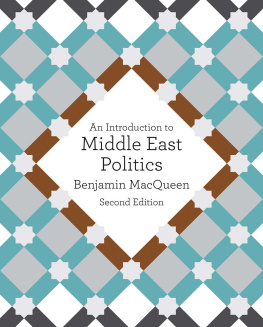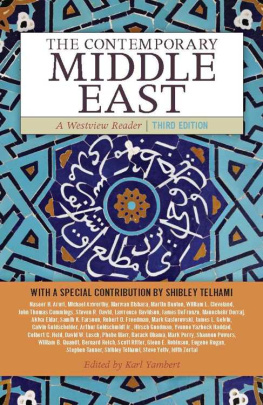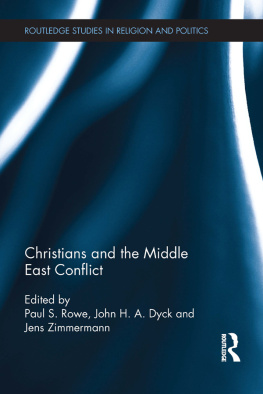MIDDLE EAST CONTEMPORARY SURVEY
Volume XIV: 1990
MIDDLE EAST CONTEMPORARY SURVEY
Volume XIV
1990
AMIAYALON
Editor
Barbara Newson, Executive Editor
The Moshe Dayan Center
for Middle Eastern and African Studies
The Shiloah Institute
Tel Aviv University

First published 1992 by Westview Press
Published 2021 by Routledge
605 Third Avenue, New York, NY 10017
2 Park Square, Milton Park, Abingdon, Oxon OX14 4RN
Routledge is an imprint of the Taylor & Francis Group, an informa business
Copyright 1992 by Tel Aviv University
All rights reserved. No part of this book may be reprinted or reproduced or utilised in any form or by any electronic, mechanical, or other means, now known or hereafter invented, including photocopying and recording, or in any information storage or retrieval system, without permission in writing from the publishers.
Notice:
Product or corporate names may be trademarks or registered trademarks, and are used only for identification and explanation without intent to infringe.
Typeset in Israel, Graph-Chen Ltd., Jerusalem
Library of Congress Catalog Card Number: 78-648245
ISBN 13: 978-0-3670-0455-2 (hbk)
ISBN 13: 978-0-3671-5442-4 (pbk)
10.4324/9780429034411
Established in 1977, the Middle East Contemporary Survey (MEGS) is acknowledged as the standard reference work on events and trends in the region. Designed to be a continuing, up-to-date reference for scholars, researchers and analysts, policymakers, students and journalists, it examines in detail the rapidly changing Middle Eastern scene in all its complexity.
In each volume, the material is arranged in two parts. The first contains a series of essays on broad regional issues and on the overall relations of the region with other parts of the world. Subjects explored in detail include Arab-Israeli and inter-Arab relations, Islamic affairs, Palestinian issues, economic developments, and the relations between major world powers and the Middle East. The second part consists of country-by-country surveys of the Arab states, as well as Iran, Israel, and Turkey. The North African states of Tunisia, Algeria, and Morocco are not covered separately. Covered separately, regional aspects of foreign policies and internal developments that have wider implications are discussed in the chapters on Inter-Arab Relations and Islamic affairs, respectively. The emphasis in the second part is on elucidating the inner dynamics of each country's policy and society.
Ami Ayalon is Senior Lecturer in the Department of Middle Eastern and African History and Senior Research Fellow at the Moshe Dayan Center at Tel Aviv University,
The present volume of Middle East Contemporary Survey is the fourteenth in a series which provides a continuing up-to-date reference work recording the rapidly changing events in an exceptionally complex part of the world. Every effort has again been made to use the widest range of source material and maintain the highest possible academic standards.
Most of the essays in this volume have been researched and written by the members of the Shiloah Institute of the Moshe Dayan Center for Middle Eastern and African Studies at Tel Aviv University. Other contributions have been made by academics and experts from other institutions in Israel and abroad. An international committee of renowned scholars has assisted the editor with counsel and advice.
This volume covers the year 1990, a period of truly dramatic events in the Middle East. No sooner had the Gulf crisis erupted in all its violent intensity, than it overshadowed all other developments. It quickly altered the domestic scene in many states, primarily in those directly involved Iraq, Kuwait, and Saudi Arabia but also elsewhere. It rewrote the rules of inter-Arab relations, transforming alliances and rivalries and causing painful disarray. It likewise marked a new chapter in the region's relations with the rest of the world, as it laid the groundwork for mightier foreign military intervention than ever before. Other important developments in the region the forced pacification of Lebanon, the unification of North and South Yemen, the ongoing Intifada, and other events were overshadowed by the crisis. Its broader repercussions will be more fully grasped only in time to come. Still, dramatic though this period was, it served merely as a prelude to an even more spectacular year in the modern annals of the region 1991, the year of the Gulf War.
The period surveyed in this volume, unless otherwise indicated, is from January to December 1990. In order to avoid excessive repetition while achieving a comprehensive survey of the affairs of each country individually, extensive cross-references have been used.
The Editor
While MECS, like all collective works, has an editor responsible for its merits and shortcomings, it is perhaps more than most such publications a team project. We are grateful to a large number of contributors who have made this volume possible. First and foremost, we recognize the work of the staff of the Moshe Dayan Center and its Shiloah Institute for Middle Eastern and African Studies at Tel Aviv University, whose individual contributions are acknowledged separately.
In the process of preparing this volume, Judy Krausz played a central role, both as a master of style and as a critical reader of the text. Barbara Newson's help as executive editor has been indispensable. Much help in matters of style was also given by Avraham Altman. The exacting work of indexing has been carried out by Ronald Watson. Ruth Beit-Or prepared the maps for publication, and David Levinson proofread large parts of the volume.
At the Dayan Center, Edna Liftman and Amira Margahth, assistants to the Head of the Center, were responsible for the complicated coordination of the production of the volume and fulfilled a variety of other executive tasks with accuracy, skill, and unflagging care. Others at the Center who must be singled out for special thanks are Lydia Gareh, whose skillful and devoted work has been an indispensable pillar of the production of MECS, Margaret Mahlab, Ilna Greenberg, Margalit Hochman, and the Moshe Dayan Documentation System team, headed by Yigal Sheffi. Finally, we would like to express our sincere thanks to Barbara Ellington, Carolyn Richards, and the staff of Westview Press for their help in the production and distribution of this volume of MECS.
Haim Shaked gave form and purpose to the series as founding editor and has guided its publication for over a decade. The contribution made by the late Max Holmes and by Colin Legum to the launching of this project and to setting its standards, and by Frederick A. Praeger to the shaping of its present format, remains invaluable and much appreciated.
The Editor
Table of Contents
THE MIDDLE EAST IN PERSPECTIVE
The Middle East in 1990: A Year of Crisis
Notes
THE MIDDLE EAST AND WORLD AFFAIRS
The United States and the Middle East
Issues of Post-Cold War Policy
The Suspension of the Arab-Israeli Peace Process
US Policy during the Gulf Crisis
Notes
Soviet Policy in the Middle East
"New Political Thinking"
"New Thinking" and Moscow's Middle East Policy prior to the Gulf Crisis


